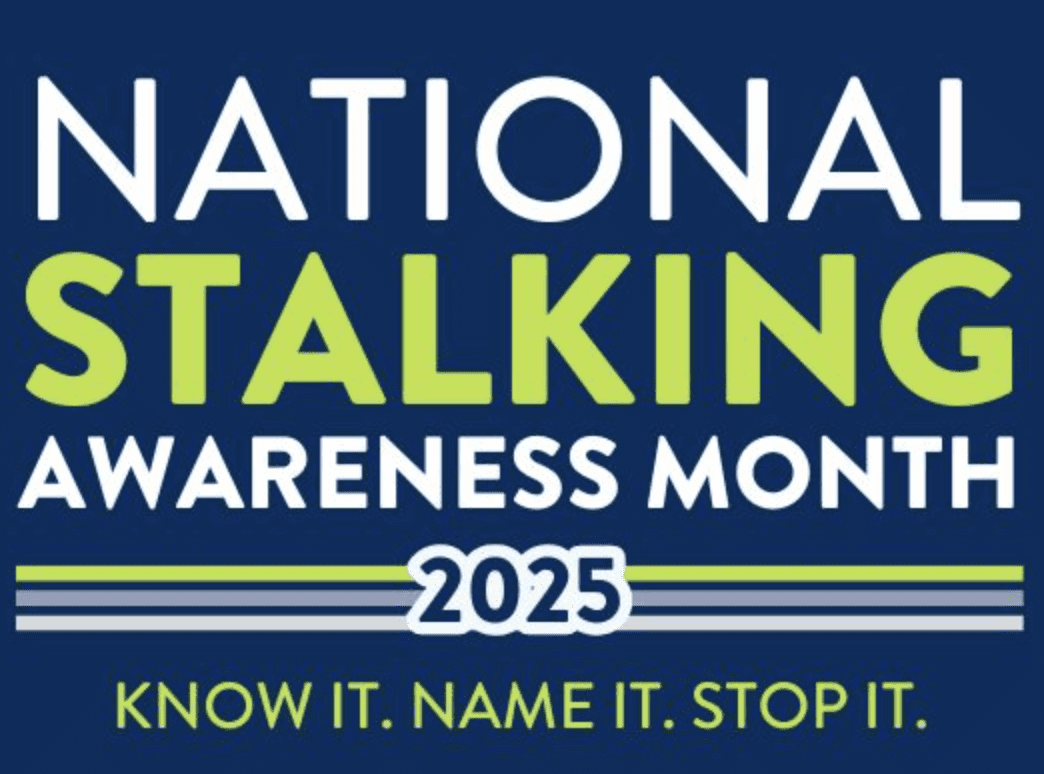By Deana M. Newman
Health care expenditures within the United States have reached the $1.9 trillion mark and are steadily increasing at alarming rates. Sources of funding to cover the cost include federal, state, and local governments, private insurances, and out-of-pocket payments. Today, many citizens are either uninsured or underinsured and are forced to make decisions on whether to pay for care and prescription drugs to prolong their lives or purchase food for their nourishment. In 2006, the U.S. Department of Health and Human Services reported 12% of adults between 18 – 44 years of age, 29% of adults 45 -64 years of age, and over two-fifths of those aged 65 and older paid $1,000 or more of out-of-pocket health expenses.
In an effort to alleviate the financial burden of out-of-pocket costs, employers have established Health Care Flexible Spending Accounts (HCFSAs) which are benefit plans that reimburse employees for specified medical expenses as they are incurred. Employees are able to contribute a portion of their “pre-taxed” payroll dollars into the account to pay for eligible health services, co-payments and deductibles at a savings range of 20% up to 40%. Only out-of-pocket payments for medical expenses greater than 7.5% of your Adjusted Gross Income (AGI) can be deducted on Federal Income Tax forms while contributions to a health care spending account are exempt from Federal income tax, Social Security taxes (FICA), and state income taxes – a greater savings overall.
For more information on enrollment, eligible expenses and contribution limits, contact your human resources representative or visit www.fsafeds.com.
Deana Newman is currently a Cardiovascular Perfusionist at Sparrow Hospital and a Master’s candidate in Health Communications at Michigan State University.



